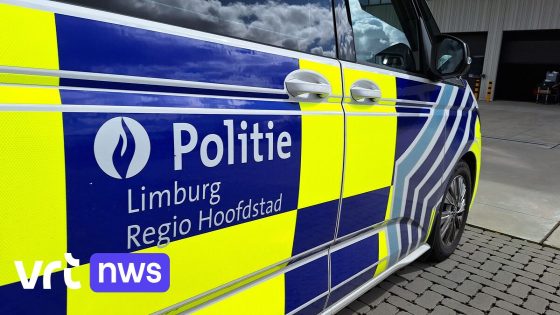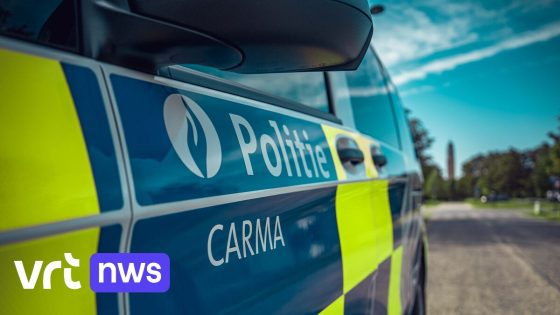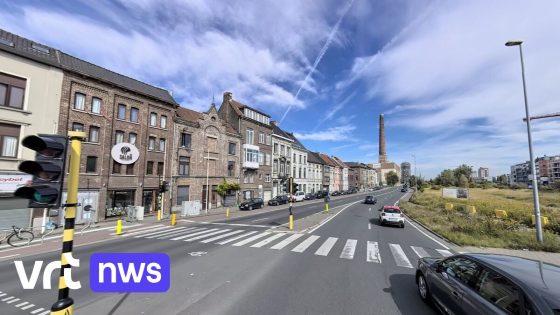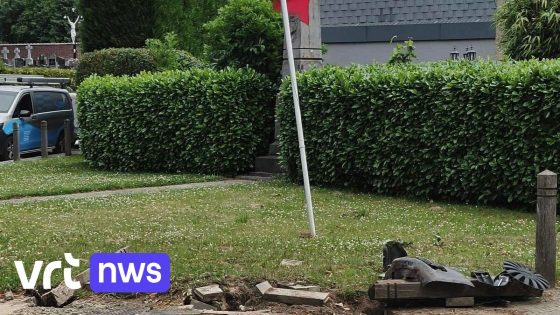Belgium is intensifying its fight against ghost companies, with the police LRH conducting extensive checks over the past two years. These so-called ghost companies are dormant firms that exist only on paper, using official addresses but carrying out no real business activities. This crackdown aims to improve transparency and business integrity across the country.
- Politie LRH controleerde 2.529 vennootschappen
- Stelde 807 processen-verbaal op tegen spookbedrijven
- Spookbedrijven zijn slapende vennootschappen op papier
- 298 processen-verbaal al opgesteld in 2025
- Focust op strijd tegen fictieve bedrijven
As of 2025-06-21 16:48:00, the police have inspected 2,529 companies and issued 807 official reports for violations related to these inactive entities. Already in 2025 alone, 298 reports have been filed, signaling a strong ongoing commitment to tackle this issue. What does this mean for Belgian businesses and consumers? How will these efforts reshape the corporate landscape?
Understanding the scale and impact of these investigations sheds light on the importance of combating ghost companies in Belgium’s economy. The following fast answer highlights the key takeaway for local stakeholders.
Why is this crackdown crucial? Ghost companies distort economic data and can facilitate fraud or tax evasion. The police LRH’s active role demonstrates Belgium’s commitment to cleaner business operations. Key points include:
- Over 2,500 companies inspected in two years to identify inactive entities
- More than 800 official reports filed, with nearly 300 in 2025 alone
- Focus on companies with official addresses but no real activity
- Ongoing efforts aim to deter fraudulent business setups and improve market trust
Looking ahead, continued vigilance and stricter enforcement will be essential. Businesses should ensure compliance and transparency to avoid penalties, while consumers and investors can expect a safer and more reliable market environment in Belgium.





























